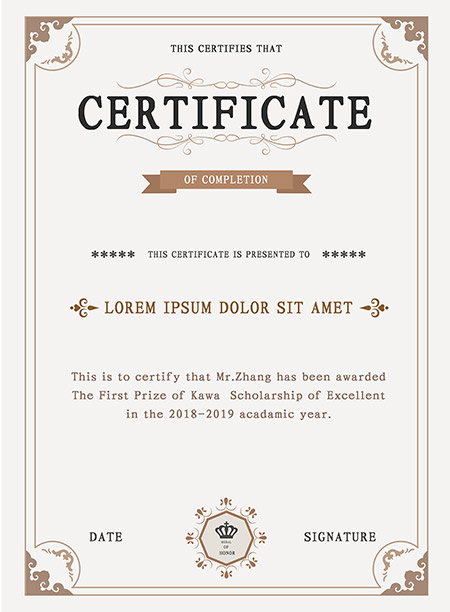Oct . 12, 2024 18:03 Back to list
Automated Gluing Machine for PLAB-6 Full Auto Filter End Caps Production
The PLAB-6 Full-Auto Filter End Cap Gluing Machine Revolutionizing Filter Production
In the ever-evolving world of industrial manufacturing, efficiency and precision stand paramount, especially in the production of filtration products. Among the latest innovations in this sector is the PLAB-6 Full-Auto Filter End Cap Gluing Machine, designed to streamline the end-capping process of filters with unparalleled accuracy and speed.
Understanding the Need for Automation
The need for automation in filter production stems from the growing demand for high-quality filtration products across various industries, including automotive, air, and water filtration. Traditional methods of applying end caps to filters have been manual, labor-intensive, and often prone to human error. This not only increased production costs but also led to inconsistencies in product quality. Recognizing these challenges, manufacturers sought a solution that could provide reliable performance while maximizing productivity. The PLAB-6 emerges as a response to this pressing demand.
Innovative Features of the PLAB-6
The PLAB-6 is engineered with the latest technological advancements to ensure that the filtering process meets the highest industry standards. One of its primary features is its fully automated operation, which reduces labor costs and minimizes the risk of operational mistakes. The machine is equipped with advanced sensors that allow for real-time monitoring and adjustments, ensuring that each filter cap is glued with precision.
The PLAB-6 is highly versatile, capable of handling various filter sizes and materials. This adaptability makes it suitable for a wide array of applications, from small household air filters to large industrial filtration systems. The machine’s programming interface is user-friendly, enabling operators to easily switch between different product specifications without extensive downtime or the need for additional tooling.
Enhanced Efficiency
plab-6 full-auto filter end cap gluing machine product

One of the standout qualities of the PLAB-6 is its efficiency. With a high-speed production rate, it can achieve significant output compared to traditional methods. This means that manufacturers can meet increasing market demands without compromising on quality. The machine is designed for continuous operation, which further enhances throughput and helps in maintaining consistent workflow in production facilities.
Moreover, the PLAB-6 incorporates automated cleaning cycles, which not only maintain hygiene standards but also reduce maintenance time. This feature is especially crucial in industries where cleanliness is paramount, ensuring that contaminants do not affect the product quality.
Quality Control and Consistency
In the world of filtration, quality control is non-negotiable. The PLAB-6 is equipped with state-of-the-art quality control mechanisms that ensure each glued end cap meets stringent specifications. The system conducts automated inspections during the gluing process, confirming that the adhesive application is uniform and that the alignment is correct. This level of scrutiny helps in reducing waste and minimizing the number of defective products that may otherwise arise from manual processes.
Future-Proofing the Filter Production Industry
As manufacturers strive to remain competitive in a global market, investing in advanced technology like the PLAB-6 is essential. Not only does it elevate production capabilities, but it also positions companies favorably with respect to sustainability goals. By enhancing efficiency and reducing waste, the machine contributes to a more sustainable production process, aligning corporate practices with environmental responsibility.
Conclusion
The PLAB-6 Full-Auto Filter End Cap Gluing Machine is a game-changer in the filter manufacturing industry. By automating the end-capping process, it offers numerous benefits, including increased efficiency, enhanced quality control, and adaptability to meet diverse production needs. As the demand for high-quality filtration solutions continues to rise, embracing advanced technologies like the PLAB-6 will be critical for manufacturers looking to thrive in a highly competitive landscape. The future of filter production is here, and it is fully automated, efficient, and geared toward delivering excellence.
-
Effective Active Carbon Air Filter for Purifiers | Eliminate Odors
NewsJul.21,2025
-
PLJT-250-25 Full-auto Turntable Clipping Machine | Efficient Automation
NewsJul.20,2025
-
Cheap PLJY109-500 Full-Auto HDAF Expanded Mesh Spiral Coiling Machine - High Efficiency & Quality Manufacturer
NewsJul.08,2025
-
Best PLHJ-6 Full-Auto Eco Filter Rotary Heat Plating Machine - High Efficiency & Eco-Friendly Solution
NewsJul.08,2025
-
High-Efficiency Paper Pleating Machine for Filters Trusted Filter Paper Pleating Machine Company
NewsJul.07,2025
-
High-Performance Oil Filter for Cadillac ATS – Reliable Engine Protection Solutions
NewsJul.07,2025
